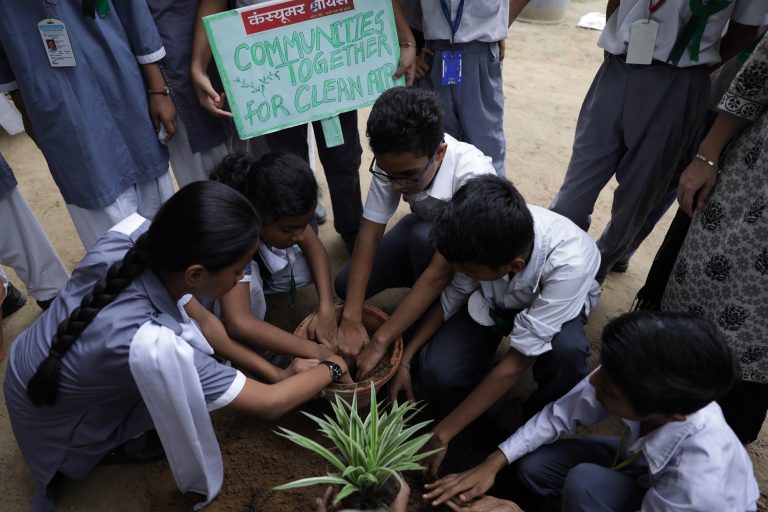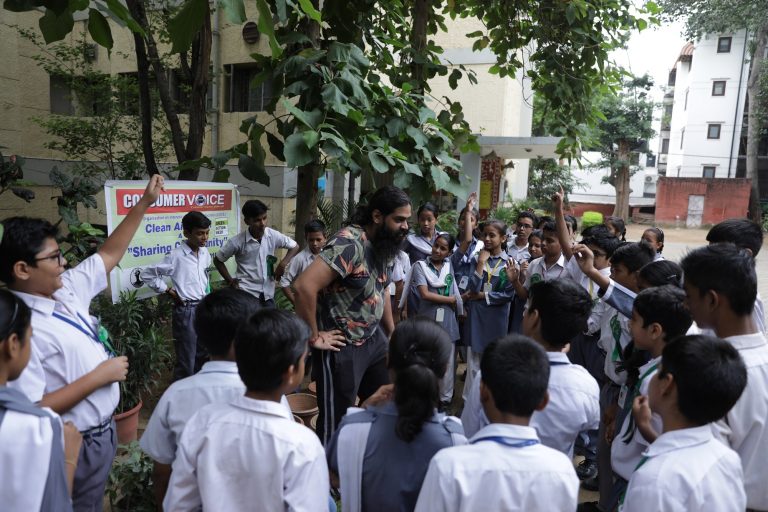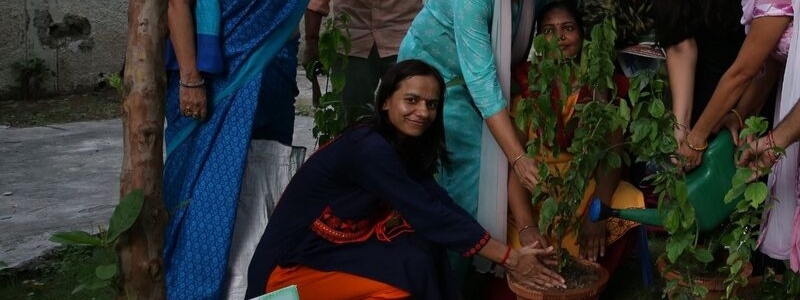Consumer VOICE took a proactive step towards shaping a sustainable future by organizing an Envisioning Workshop on the 24th of November in New Delhi, as part of the Green Action Week project...
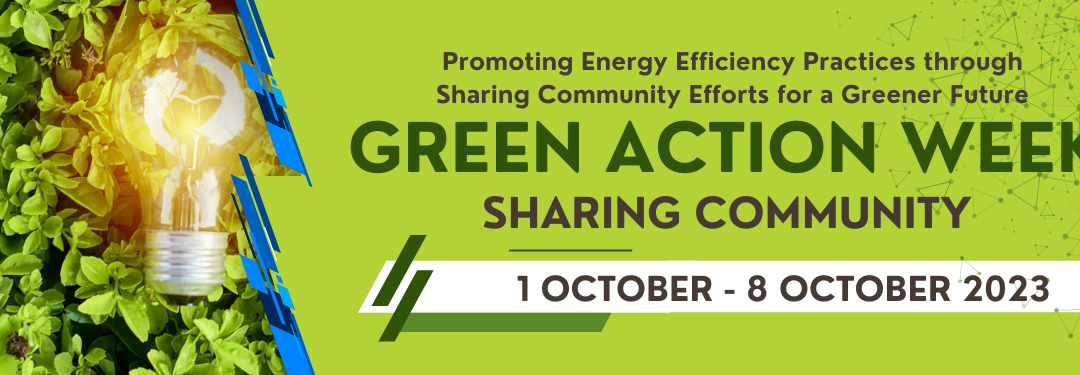
Green Action Week (GAW 2023)
Green Action Week (GAW 2023)
OVERVIEW
Green Action Week (GAW) is a global campaign to promote sustainable consumption. It is an initiative by the Swedish Society for Nature Conservation (SSNC) and is carried out in coordination with Consumers International (CI). This year (2023) Green Action Week will be celebrated from 1st October to 8th October. The theme of GAW 2023 is Sharing Community which works for people and the planet. We need to work together by ensuring that everyone has sustainable access to goods and services.
Objectives of GAW 2023
- To address unsustainable Consumption patterns among target groups (audience).
- Encouraging use of natural resources, reducing energy consumption and conserve resources and promoting sustainable alternatives.
- Supporting sharing community efforts to promote sustainable consumption patterns leading to adopt energy efficiency practices among consumers.
What is sustainable consumption?
Sustainable consumption is the use of products and services in ways that minimizes impacts on the environment. For several years humans have been behaving irresponsibly especially with nature and putting future generations at risk. Everything human does affects nature. The United Nations Environment defines sustainable consumption as the use of material products, energy and immaterial services in such a way that it minimizes the impact on the environment, so that human needs can be met not only in the present but also for future generations. Preserving the planet is not only the responsibility of an individual but requires a collective effort and therefore Sharing Community is so very important. A crucial part of sustainability is that sustainable consumption must enable socio-economic justice for everyone involved in the supply chain, as much as it addresses consumer and environmental concerns.
Current Challenges
India‘s rapid economic growth and urbanization has resulted in the challenge of unsustainable consumption patterns among its population and is an urgent need to address this. Consumer education is crucial to adopt sustainable and responsible consumption practices that minimize environmental impact and ensure a greener future through a sharing community.
With a rapidly growing population and a growing economy, the demand for energy in India has skyrocketed in recent years. At the same time, India is also grappling with severe environmental issues caused by fossil fuel-based energy systems, such as air pollution and climate change. India has a relatively high energy intensity, indicating the amount of energy required to produce a unit of GDP. As per 2019 data India’s per capita energy consumption equals 0.6 tonnes of oil equivalent (toe) as compared to the global per capita average of 1.8 toe. In Indian households appliances such as fans, refrigerators, ACs, microwaves and lighting contribute to significant energy consumption. We will be focusing on unsustainable consumption patterns of consumers in various sectors and promote sustainable practices through sharing community efforts.
WHAT IS SHARING COMMUNITY?
With the theme “Sharing Community”, Green Action Week seeks to highlight practical examples of more sustainable ways to access goods and services. People have also realised that adopting sustainable practices and reducing plastic consumption in their lives is the best gift that one can give themselves and to the environment.
Sharing Community brings people from diverse backgrounds together despite various limitations to put action oriented efforts through empathy and collaboration. Sharing is a concrete example of a more sustainable consumption culture.
STRATEGY
In our Green Action Week (GAW 2023 Campaign) we will promote responsible use of natural resources through energy efficient practices, and exploring sustainable ways of living will be encouraged through sharing community efforts. This will contribute towards reducing resource depletion, minimizing waste generation and creating a more sustainable and greener future for the society.
A workshop with consumers along with energy efficiency expert, environmentalists focusing on:
- ways leading to energy efficiency and conservation
- renewable sources such as solar cooker, switching to energy efficient LEDs, using star labelled products
- dissemination of information of various energy efficiency schemes
A workshop with women & young girls focusing on:
- promoting various ways to reduce energy consumption
- promotion /finding natural resources (example using mud pitcher as a water coolant and chik/bamboo usage in houses as a coolant in homes).
- demonstration of using available natural resources /upcycled products for energy efficiency purposes such as rainwater harvesting, collecting rain water to water plants, flushing toilets.
- using up-cycled packaging material, finding creative ways to reuse packaging materials can contribute to reduce energy consumption and waste.
Workshop with Children & Youth- Encouraging Children & youth:
- to adopt sustainable energy saving practices,
- promote public transportation, pooling of car etc. Encouraging them to manage wastage etc.
Workshop with Children & Youth- Encouraging Children & youth to explore and document different visions of a future world. The goal is to capture the many ways in which people see consumption in this future world, and to inspire change worldwide.
The workshop’s objective is to delve into the concept of sustainable consumption in the future. This will be accomplished by engaging in visioning exercises that capture diverse perspectives on the future. By analyzing and contrasting these varied visions, we aim to craft a comprehensive report accessible to all, intended to spark inspiration. Moreover, our goal is to drive transformative change. Drawing from the success of envisioning alternate futures in futures studies research, we recognize the potential for these workshops to propel us towards positive advancements.
Mini Stories
EXPECTED OUTCOMES:
- Through community efforts we will promote sustainable patterns and by adopting these patterns consumers can contribute to environmental sustainability, energy conservation and transition to a more sustainable future.
- Strengthening VOICE of Women -As women play an important role in running daily household activities, strengthening their voices and educating them is very crucial to promote sustainable patterns of energy consumption and to promote energy efficiency.
- Promoting sustainable way of living for greener future – Sharing community efforts will lead to strengthen the bond among various groups /stakeholders and entire community will be benefitted while tacking environmental problem.
Articles
Envisioning Workshop
Empowering Women and Young Girls with Energy Efficiency: A Consumer VOICE Workshop
In a bid to empower women and young girls with the knowledge and motivation to champion energy efficiency, a workshop organized by Consumer VOICE took place at Sanjay Enclave New Delhi on 7th...
Workshop on Promoting Sustainable Consumption
Consumer VOICE organized a workshop on 8th October at Soami Nagar New Delhi as part of Green Action Week, emphasizing sustainable consumption patterns and energy efficiency. The event empowered...
Workshop on energy efficiency practices for students
A workshop, organized by Consumer VOICE in collaboration with Vrikshit Foundation, was held at their library in Rohini, New Delhi, on September 23, 2023, as part of the Green Action Week activities....
Eco-Friendly Parenting: Fostering Energy Efficiency Practices
Eco-friendly parenting is a conscious and proactive approach to raising children that not only prioritizes their well-being but also promotes energy efficiency practices. In a world where...
Empowering Sustainability: Personal Responsibility in an Energy-Conscious World
In a world where energy resources are finite, and the effects of climate change are becoming increasingly apparent, it's more important than ever for individuals to take responsibility for their...












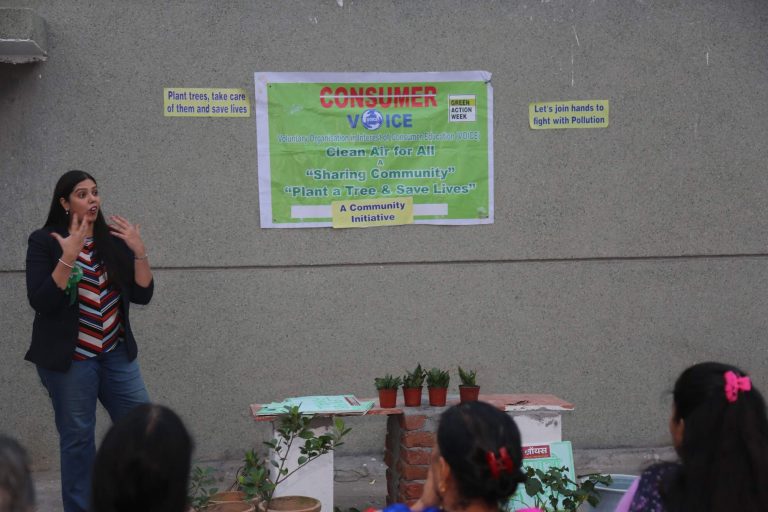
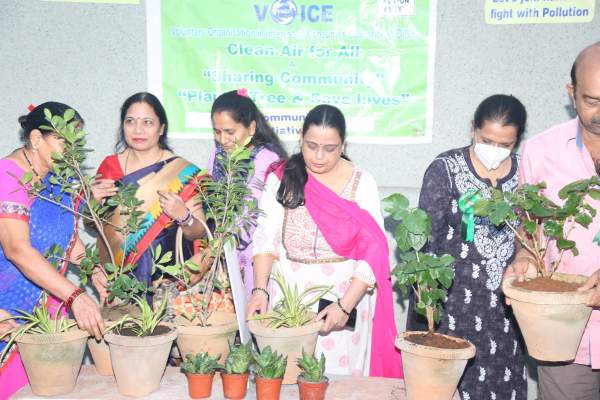
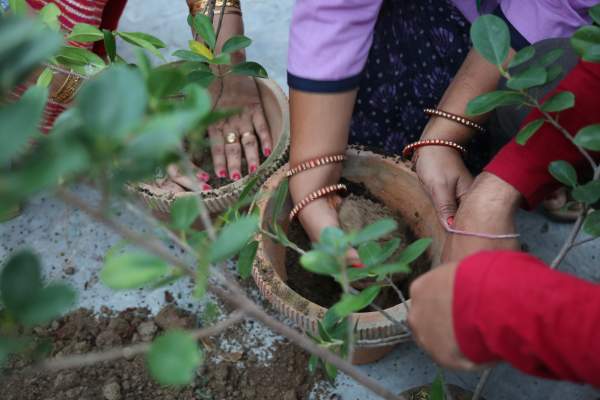

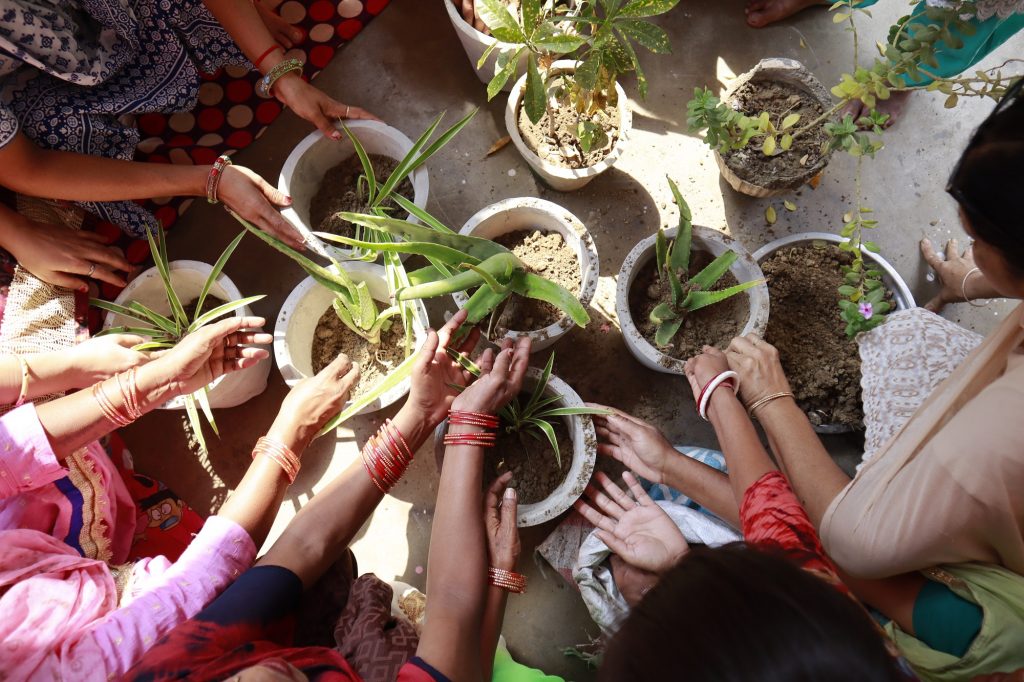




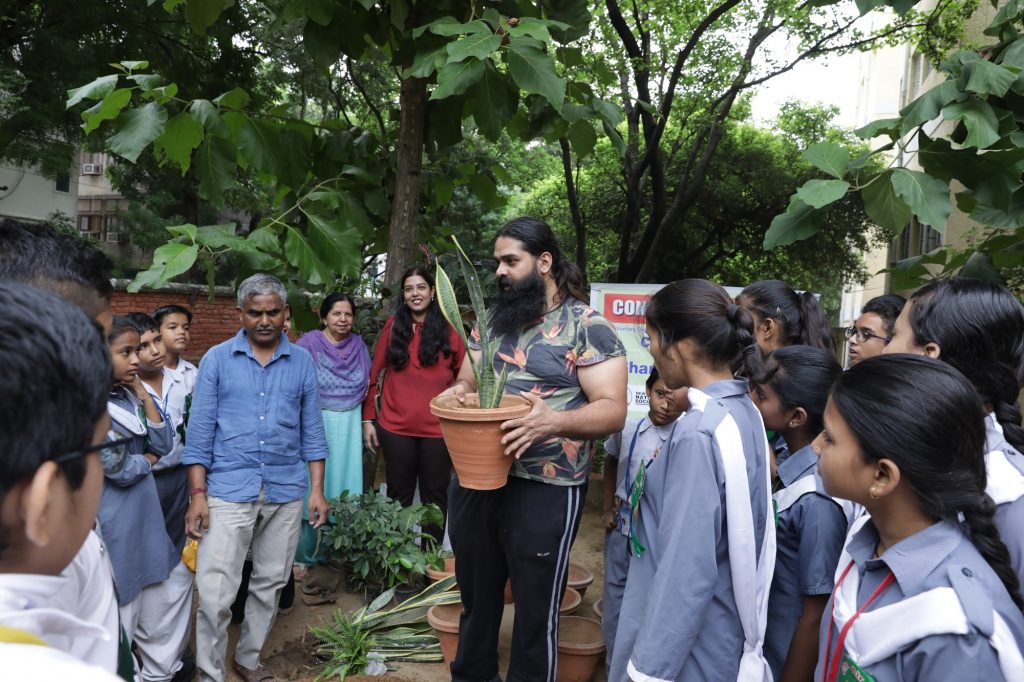 Consumer VOICE organized an interactive workshop with more than 40 students of Soami Nagar Model School, New Delhi, as part of its Green Action Week Activities 2019. On 17th September, 2019, the enthusiastic students with their teachers, school staff and consumer voice team members joined hands in an effort to fight air pollution in the city. A few selected students from last year’s workshop also shared their experience on the theme of ‘Sharing Community’ and their efforts to minimize air pollution.Noted environmentalist Shri Verhaen Khanna of New Delhi Nature Society along with Ms. Rinki Sharma, Head –Projects & CSR, Consumer VOICE interacted with the students and shared their experiences of planting saplings in their home which helped in purifying the air around.
Consumer VOICE organized an interactive workshop with more than 40 students of Soami Nagar Model School, New Delhi, as part of its Green Action Week Activities 2019. On 17th September, 2019, the enthusiastic students with their teachers, school staff and consumer voice team members joined hands in an effort to fight air pollution in the city. A few selected students from last year’s workshop also shared their experience on the theme of ‘Sharing Community’ and their efforts to minimize air pollution.Noted environmentalist Shri Verhaen Khanna of New Delhi Nature Society along with Ms. Rinki Sharma, Head –Projects & CSR, Consumer VOICE interacted with the students and shared their experiences of planting saplings in their home which helped in purifying the air around.